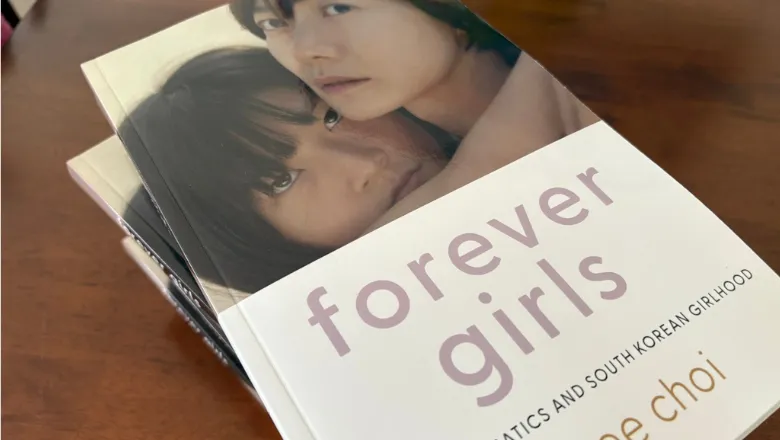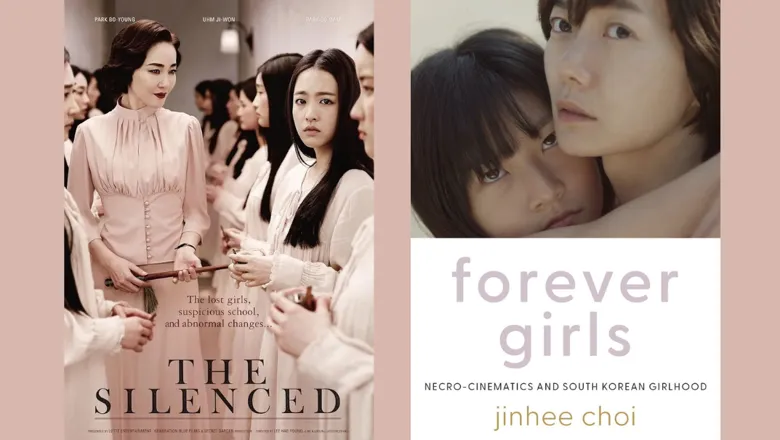Professor Jinhee Choi’s new book Forever Girls: Necro-Cinematics and South Korean Girlhood (Oxford University Press, 2025) is the first English-language monograph to focus on girlhood and South Korean cinema.
Forever Girls is a deep dive into how the concept of girlhood manifests itself in contemporary South Korean cinema against the background of colonialism, post-colonial and post-war traumas, and modern democracy.
Professor Jinhee Choi traces the evolving portrayal of girls in South Korean cinema, highlighting a significant shift from passive figures to complex characters with agency – those who ‘remember the past, experience the present, and envision the future, and whose interiority lies beyond their status as victims of sexual violence and national trauma’.
Spanning from the teen films and male-directed works of the 1970s to the feminist-driven independent cinema of the 2010s, the author examines how themes of sexuality, labour and leisure have been reimagined through the lens of girlhood.
‘I was surprised to see that there is a continuity from the 1970s to contemporary Korean cinema – that the girl figure is still associated with unproductivity, despite the long history of South Korean young women’s cheap labour, which has been so instrumental to the economic development,’ Professor Choi says. ‘I also saw similar cinematic devices, such as the empty gaze, that foreground such an association – their gazes are returned by an empty shot or eclipsed into a void.’
‘Idleness – punctuation to the endless expectations on productivity and industry from both family and work – could be seen as a positive form of moral freedom. In his book, Idleness: A Philosophical Essay (2018), Brian O’Connor defines the concept as “a knowing indifference to specific recommendations about how one ought to live”. It helps me to challenge the criticism of unproductivity associated with girlhood and how it could be seen as an authentic form of freedom,’ says Professor Choi.
Forever Girls: Necro-Cinematics and South Korean Girlhood was launched on 12 June at the Garden Cinema, where Professor Jinhee Choi introduced a special screening of Lee Hae-young's queer horror film The Silenced. This event was organised in partnership with the Korean Cultural Centre UK.
Forever Girls: Necro-Cinematics and South Korean Girlhood is available here.



